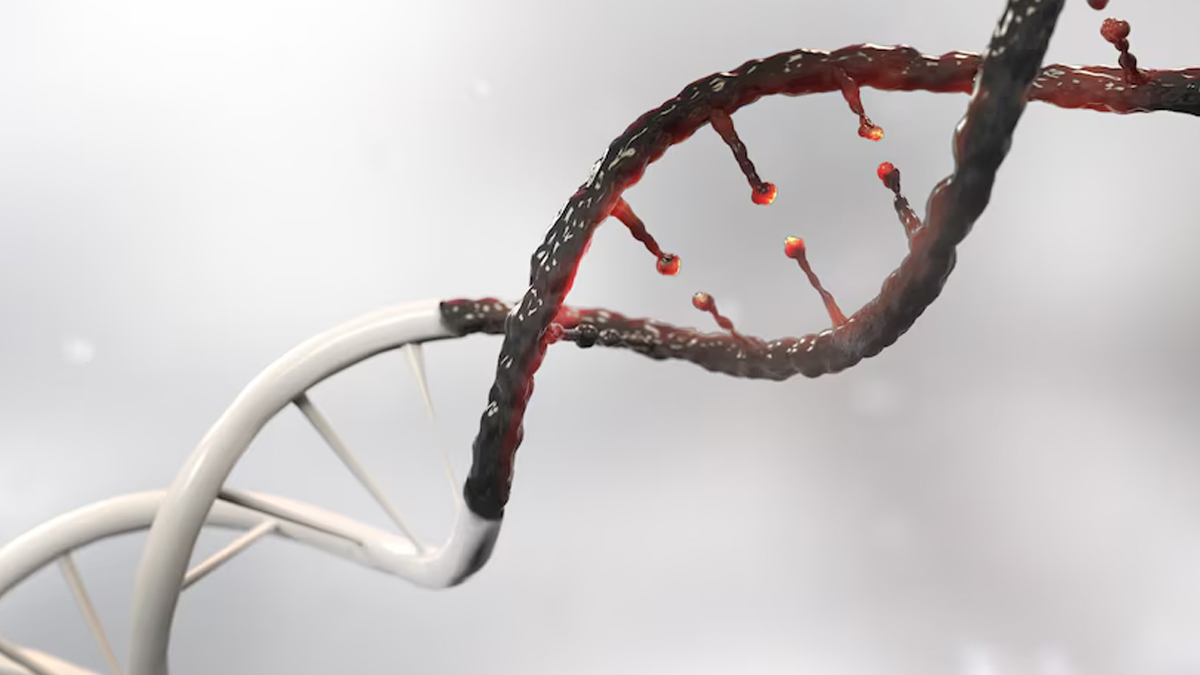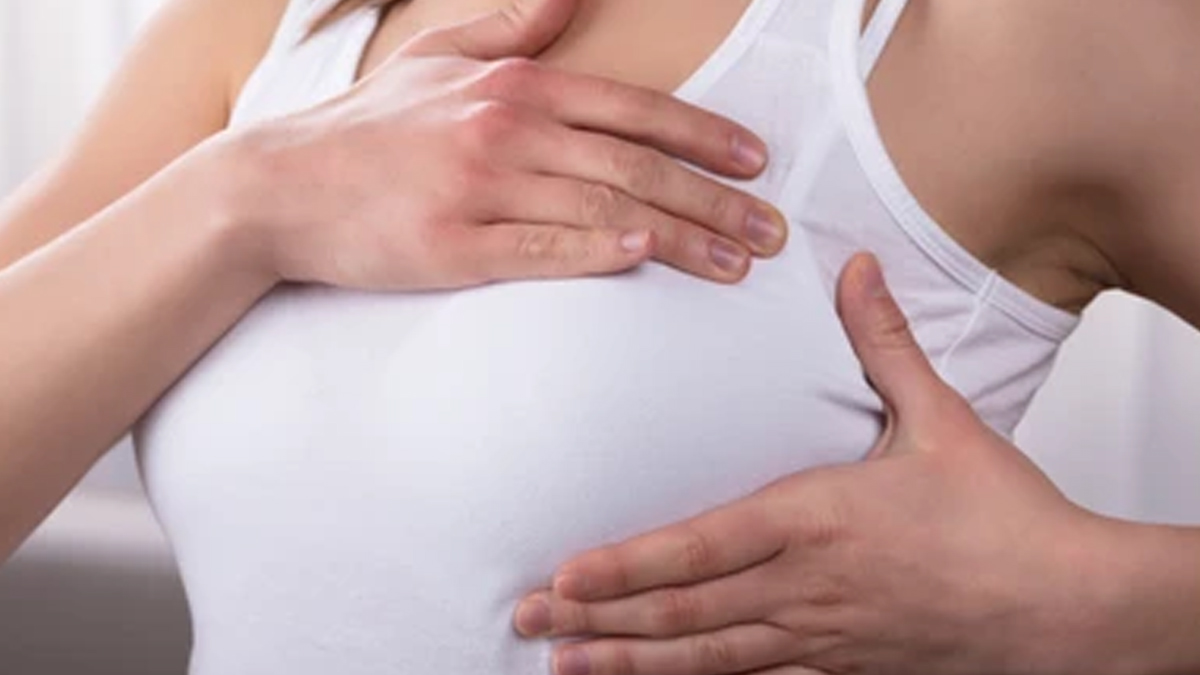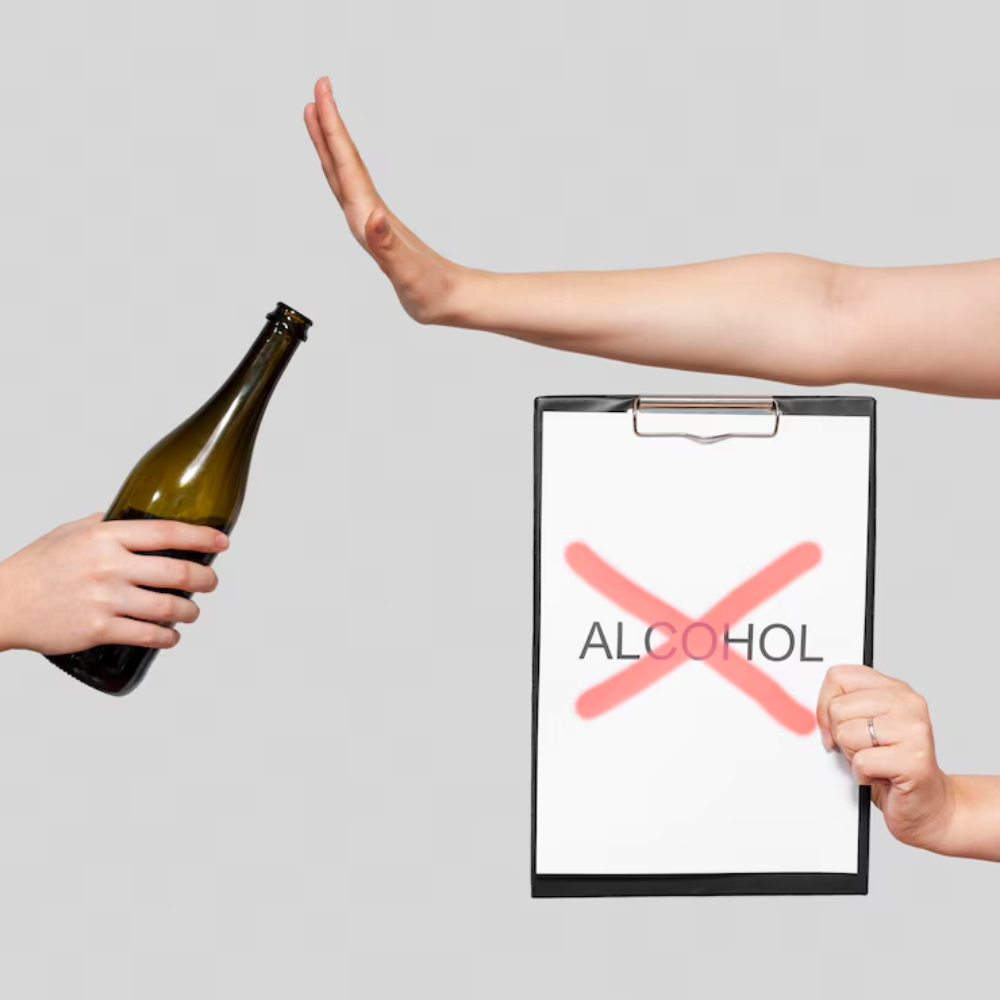
Breast cancer remains one of the most prevalent cancers affecting women worldwide, and lifestyle choices play a crucial role in shaping its risk factors. Among these choices, alcohol consumption stands out as a significant but often overlooked contributor to breast cancer. Understanding how alcohol impacts the body and increases the likelihood of developing this disease is essential for making informed health decisions. Even moderate drinking can elevate risk, highlighting the importance of awareness and prevention.
Table of Content:-
To understand how alcohol consumption can increase the risk of breast cancer, OnlyMyHealth team interacted with Dr Karishma Kirti, Consultant Breast Specialist and Oncoplastic Surgeon, Mumbai.
How Alcohol Raises Breast Cancer Risk
Dr Karishma Kirti explains, “While the occasional drink may seem harmless, evidence shows that alcohol consumption is a significant risk factor for breast cancer. Even moderate drinking can increase risk, making it essential for women to understand the link and take preventive steps.”

Hormonal influence: Alcohol raises levels of oestrogen and other hormones, which can fuel hormone-receptor-positive breast cancers. These elevated hormone levels create an environment conducive to cancer development.
DNA damage: According to Dr Kirti, “The body metabolises alcohol into acetaldehyde, a toxic chemical. Acetaldehyde damages DNA, leading to mutations that increase the risk of cancer.”
Nutritional impact: Alcohol interferes with the absorption of essential nutrients such as folate, a vitamin crucial for maintaining healthy DNA. Folate deficiency can heighten vulnerability to cancerous changes.
Oxidative stress: Drinking alcohol generates free radicals, unstable molecules that harm cells and may trigger cancerous changes.
Also read: How Do Contraceptive Pills Cause Breast Cancer?
What the Research Says

Scientific studies have consistently underscored the connection between alcohol and breast cancer:
Moderation still increases risk: A study found that consuming just one alcoholic drink per day increases breast cancer risk by 7-10%. Even small amounts of alcohol can have a measurable impact on risk levels.
Cumulative effect: Research by the American Cancer Society shows that the longer a woman consumes alcohol, the higher her lifetime risk of developing breast cancer, particularly after menopause. This cumulative effect highlights the importance of long-term preventive measures.
Also read: Early-Onset Breast Cancer: What Younger Women Need to Know
What You Can Do

The good news is that lifestyle changes can significantly reduce breast cancer risk:
Limit or avoid alcohol: Dr Karishma Kirti advises, “Reducing alcohol intake is one of the simplest and most effective ways to decrease risk. Health guidelines suggest no more than one drink per day for women, but abstaining is ideal for those at higher risk.”
Adopt healthy habits: Embracing a balanced diet rich in antioxidants, engaging in regular exercise, and maintaining a healthy weight can amplify the protective effects of reduced alcohol consumption.
Stay informed: Knowing your personal and family history can help you understand your risk and make empowered choices. Consult with your healthcare provider to assess your unique circumstances and develop a tailored prevention plan.
Raising Awareness
Raising awareness about the role of alcohol in breast cancer risk is crucial. While many women may focus on other factors such as genetics or lifestyle, small changes like cutting back on alcohol can lead to significant health benefits. Dr Kirti emphasises, “Start today by tracking your intake and setting goals to prioritise your health.”
The relationship between alcohol and breast cancer serves as a reminder that prevention is within reach. By making informed choices, women can take proactive steps to protect their health and reduce their risk of breast cancer. Understanding the science behind these connections and implementing changes can make a meaningful difference in the long run.
Also watch this video
How we keep this article up to date:
We work with experts and keep a close eye on the latest in health and wellness. Whenever there is a new research or helpful information, we update our articles with accurate and useful advice.
Current Version
